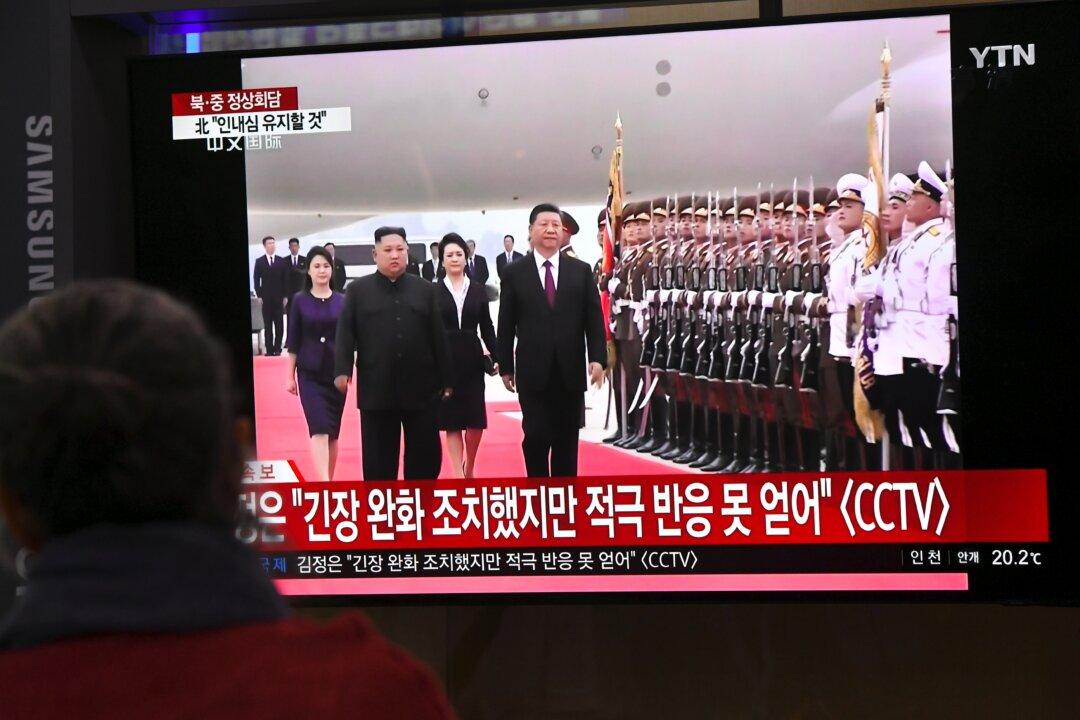News Analysis
Chinese leader Xi Jinping arrived in Pyongyang for his state visit on June 20 to much fanfare, including a 21-gun salute at the airport and tens of thousands of North Koreans lined up along the roads to welcome him.

Chinese leader Xi Jinping arrived in Pyongyang for his state visit on June 20 to much fanfare, including a 21-gun salute at the airport and tens of thousands of North Koreans lined up along the roads to welcome him.